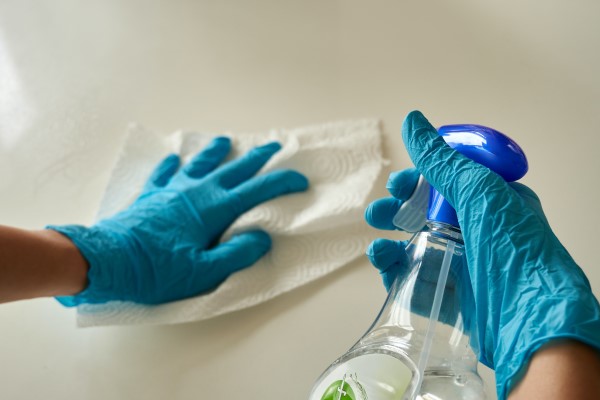After the recent winter weather event, it’s a good time to review your emergency procedures and ensure you know what to do if your food business was affected by an emergency. Emergencies can include floods, earthquake, landslides, physical damage from accidents or crimes, and fires.
There may be floodwater, debris, physical damage, loss of power, damage to sewage and stormwater, contaminated drinking water, and ruined food. Here are some questions to ask yourself before reopening after an emergency:
- Are the premises structurally sound for preparing or handling food?
- Are the toilets and personal hygiene facilities working?
- Can the premises be thoroughly cleaned before use?
- Is the water safe to use or is there a boil water notice?
- Is food still safe to use?
- Is refrigeration working?
- Can my menu be simplified and made safer?
- Do my staff know what to do?
Download the MPI checklist below with more info about coffee machines and keeping food cold in an emergency.
Cleaning up after a flood
If food has been under floodwater it will need to be thrown out. If dry food was above floodwater but has been damp for some time, eg sugar or flour, it should also be thrown out. Food in cans or unopened plastic packets that were above the floodwater should be wiped with a cloth with sanitizer or dilute bleach and checked for damage and dates.
Equipment and crockery etc can be put through the sterilizer/dishwasher or submerged in water with bleach to kill any bacteria.
All hard surfaces in the kitchen and store rooms should be cleaned with your sanitizer or diluted bleach.
Yes bleach is your best friend during a cleanup. It can be used for cleaning any surfaces and equipment. It can also be used diluted in a bowl or bucket for hand hygiene.
To treat water during a boil water notice, you can also use bleach at 5 drops to 1 litre for drinking or use in food preparation. Don’t use bleach with added scents or surfactants for treating drinking water, the plain cheaper bleaches are best with no additives.
Work safely
If you are involved in a cleanup of a business or home, please look after yourself. Assume all floodwater contains sewage, so cover cuts, wear gloves, wash and sanitise hands regularly, wear a mask if there are signs of mould, and eat and drink safely.
Verification questions
Your verifier may ask about food safety during emergencies at your next verification. It’s a great idea to have the MPI guidance downloaded and saved so you can show your verifier you know what to do.
Find more advice on the MPI website about food safety during emergencies:
https://www.mpi.govt.nz/food-business/food-safety-in-natural-disasters-and-emergencies-2/
I hope none of you were too badly affected, here’s hoping for an uneventful summer!

